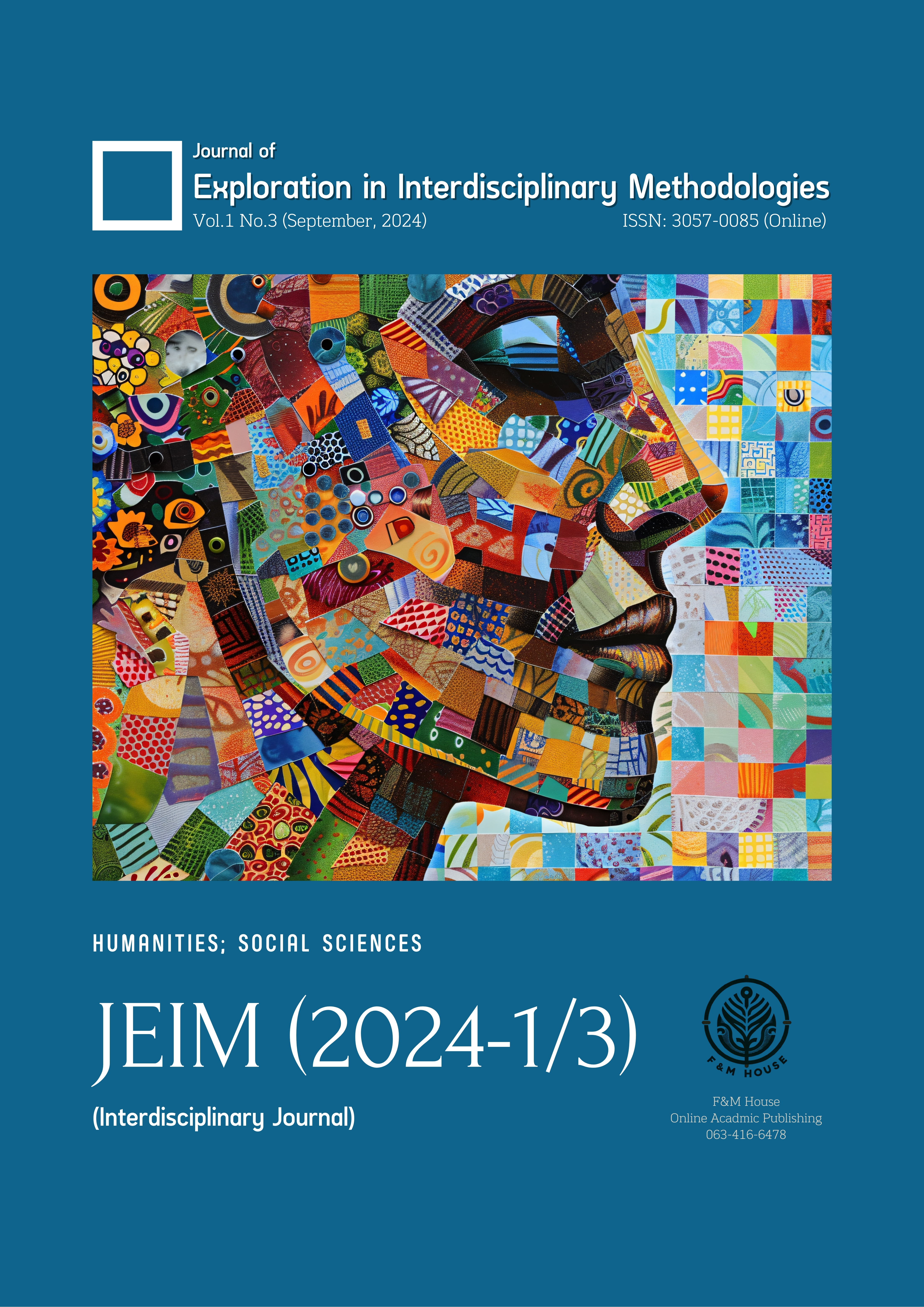บทบาทของพุทธศาสนานิกายวอน (Won Buddhism) ในสังคมเกาหลี: จิตวิญญาณ การศึกษา และการมีส่วนร่วมทางสังคม
คำสำคัญ:
พุทธศาสนานิกายวอน, จิตวิญญาณ, การศึกษา, การมีส่วนร่วมทางสังคม, สังคมเกาหลีบทคัดย่อ
บทความนี้มีวัตถุประสงค์เพื่อศึกษาบทบาทของพุทธศาสนานิกายวอนในสังคมเกาหลี โดยเน้นการมีส่วนร่วมในด้านจิตวิญญาณ การศึกษา และการมีส่วนร่วมทางสังคม พุทธศาสนานิกายวอนก่อตั้งขึ้นในปี ค.ศ. 1916 โดยธรรมาจารย์โซแทซัน (ปาร์ค จุงบิน) ผู้นำเสนอการผสมผสานระหว่างคำสอนพุทธศาสนาดั้งเดิมและค่านิยมร่วมสมัย โดยเน้นการดำเนินชีวิตอย่างมีศีลธรรม การมีสติ และความรับผิดชอบต่อสังคม พุทธศาสนานิกายวอนวิวัฒนาการเพื่อตอบสนองความต้องการที่เปลี่ยนแปลงของสังคมเกาหลีร่วมสมัย โดยการผสมผสานการปฏิบัติทางจิตวิญญาณเข้ากับการศึกษาและโครงการสวัสดิการสังคม การมีส่วนร่วมอย่างแข็งขันในการพัฒนาชุมชน การเคลื่อนไหวด้านสิ่งแวดล้อม และโครงการการเรียนรู้ตลอดชีวิต ผ่านความพยายามเหล่านี้แสดงให้เห็นถึงความมุ่งมั่นของพุทธศาสนานิกายวอนในการพัฒนาสังคมโดยรวม ปัจจุบันพุทธศาสนานิกายวอนยังคงมีบทบาทสำคัญในการดำเนินชีวิตของคนเกาหลีและการเปลี่ยนแปลงสังคมเกาหลีในวงกว้าง
เอกสารอ้างอิง
Choi, J. H. (2017). The philosophy of Il-Won-Sang in Won Buddhism: Exploring the concept of interconnectedness. Journal of Buddhist Philosophy, 4(1), 45-62. https://doi.org/10.1353/jbp.2017.0014
Chung, J. H. (2012). The emergence of Won Buddhism: The modern reformation of a Korean religion. Journal of Korean Religions, 3(1), 89-111. https://doi.org/10.1353/jkr.2012.0003
Chung, J. H. (2016). Lifelong learning in Won Buddhism: Education for personal and social transformation. Journal of Korean Religions, 4(2), 75-92. https://doi.org/10.1353/jkr.2016.0007
Kang, S. W. (2020). Meditation and daily life in Won Buddhism: A comparative study with Zen practices. Comparative Religion Studies, 12(3), 215-230. https://doi.org/10.1080/12345678.2020.1123456
Kang, S. W. (2021). The contribution of Won Buddhist education to leadership development in Korea. Comparative Religion Studies, 13(1), 140-156. https://doi.org/10.1080/12345678.2021.1102346
Kim, S. Y. (2015). Won Buddhism and the modernization of Korean Buddhism. Asian Philosophy, 25(2), 173-188. https://doi.org/10.1080/09552367.2015.1032654
Kim, S. Y. (2018). Ethics and education in Won Buddhism: Nurturing the mind and heart. Asian Philosophy, 26(1), 95-109. https://doi.org/10.1080/09552367.2018.1084754
Kim, S. Y. (2019). Won Buddhism's approach to social responsibility: Integrating spirituality with action. Asian Social Science, 15(3), 105-119. https://doi.org/10.5539/ass.v15n3p105
Lee, J. K. (2019). Meditative practices in Won Buddhism: A tool for self-transformation and societal contribution. Korean Journal of Meditation, 11(2), 101-120. https://doi.org/10.20989/kjm.2019.11.2
Lee, J. K. (2020). Blending modern education with Buddhist principles: The role of Won Buddhist schools in contemporary Korea. Korean Journal of Education, 15(2), 85-102. https://doi.org/10.20989/kje.2020.15.2
Park, H. S. (2018). Won Buddhism in the 21st century: A spiritual movement for social change. Korean Journal of Religious Studies, 10(2), 135-150. https://doi.org/10.20989/kjrs.2018.10.2
Park, H. S. (2019). Won Buddhist education for a socially engaged spirituality. Korean Journal of Religious Studies, 11(1), 110-126. https://doi.org/10.20989/kjrs.2019.11.1
Yoon, M. K. (2018). Interfaith dialogue and Won Buddhism: Building bridges in a pluralistic world. Journal of Interreligious Studies, 9(3), 55-72. https://doi.org/10.1080/98765432.2018.109
Yoon, M. K. (2020). Globalizing Won Buddhism: Challenges and opportunities in the 21st century. Journal of Global Buddhism, 21(3), 180-195. https://doi.org/10.20989/jgb.2020.21.3







